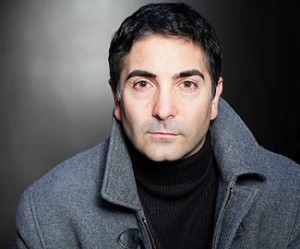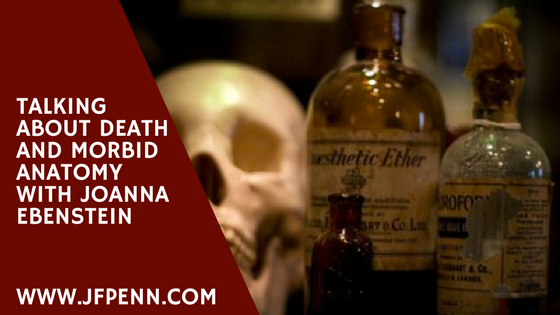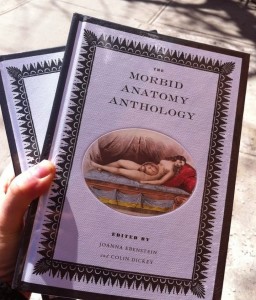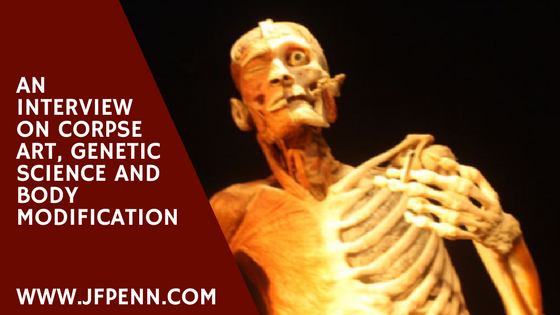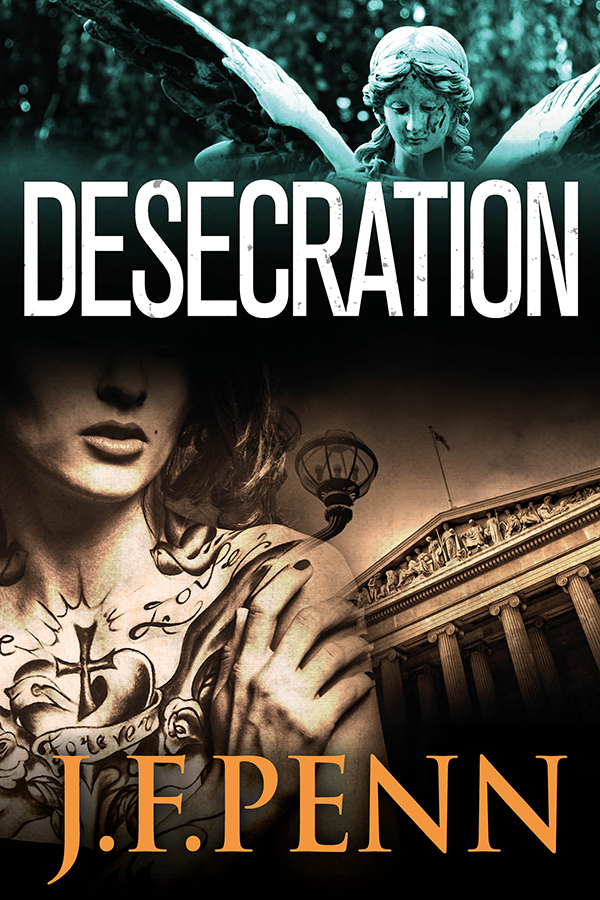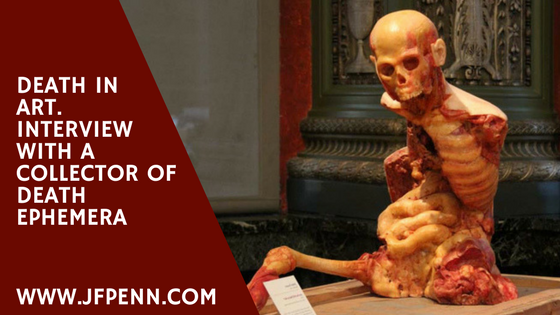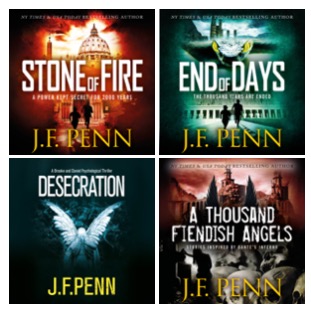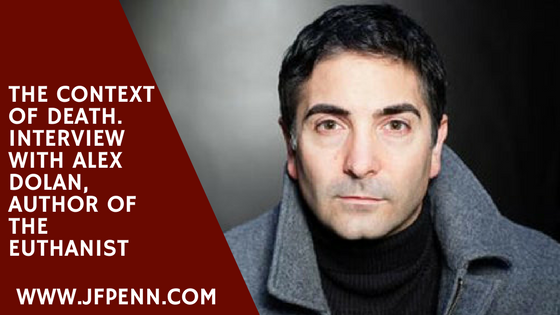
I saw The Euthanist by Alex Dolan and bought it immediately! It's definitely my type of book, and in this interview, I ask author Alex Dolan about some of the controversial topics that underlie the story.
Tell us how you got into writing.
My father worked for Houghton Mifflin, so I grew up around books and I’ve written since I was young. My dad typeset and bound my first story when I was six. It was called The Jewel, and essentially an Indiana Jones rip-off.
Part of why I like to write is because I like to read. And I’ll read anyone. Tom Robbins’ Jitterbug Perfume remains one of my favorite books because of the imagination he poured into it. My literary crush is Joyce Carol Oates. Michael Faber intrigues me these days because he seems to tackle a different genre with every new title, and he nails it—sort of like a literary Ang Lee.
So, I try to read as much as possible, and every time I read a fresh voice, it inspires me to keep writing, to see if I can add something to the conversation.
Why did you decide to tackle the topic head-on by titling the book The Euthanist?
I’d always had an academic interest in the death with dignity movement, but when my father passed away a few years ago, I started to seriously consider end-of-life decisions, and how much power we all have over those decisions. That’s what made me dig a little deeper into the subject.
Once I started researching it, I was fascinated, and the story evolved from there. I knew going into it that I was writing about delicate subject matter, and I thought it made sense to be clear from the title what the book would be about. Either this is going to interest someone or not, and I wanted a title that let readers know what they were getting themselves into.

[For a powerful argument on this topic, check out fantasy author Terry Pratchett's book, Shaking Hands with Death. Terry died of early onset Alzheimer's in March 2015 and was a passionate campaigner for the right to choose his own death.]
How do your own opinions and feelings on euthanasia come out in the book?
I think people should have more choice in end-of-life decisions.
That being said, I don’t preach either side of the argument in the book. It can be a divisive issue, and I try to respect others’ opinions. We’re at an interesting time in this country, where 27 states are currently debating death with dignity legislation, and yet the media seems to avoid covering the issue. I think we should have a very public discussion about it, and my hope is that the book might help ignite that discussion.
My readers love strong female characters and Kali is definitely strong. What parts of you are in her character?
Thank you! There’s not much of me in Kali. She’s largely based on a collection of people I interviewed, which included paramedics, EMTs and firefighters, as well as some personal friends who shared similar characteristics. I wanted to create someone physically formidable, strong-willed and courageous, and my research fed into a composite that became Kali.
How did your research for the book and what kinds of reaction did you get along the way?
Whenever I can, I try to interview people face to face, or at least by telephone. There’s so much I can draw out of a real person that I can’t get from a secondary source. Given how sensitive this material is, I forced myself to limit these kinds of interviews. As I mentioned, I interviewed a number of paramedics, EMTs and firefighters, but I avoided speaking with anyone directly involved in the death with dignity movement, because I didn’t want anyone to feel like they were getting themselves into legal jeopardy by talking to me.
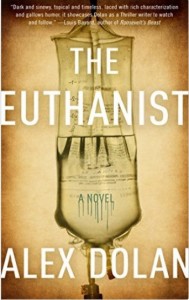
One of themes of the book for me was a consideration about what murder really is and who is a murderer.
Can we define murder based on who is killed and what the motive is? How did you consider and explore that theme in the book?
It’s a good question, and one that I asked myself quite a bit while I was writing this. I leave it an unresolved question in the book, because it’s such a gray area.
One of the aspects of death with dignity that compelled me was that the drugs used in mercy killing are often the same drugs used in capital punishment, which means two people can be killed in the same way and have it considered both compassionate and punitive, depending on the scenario.
The context of death is important.
But the definition of murder can also come down to personal values and biases. If you kill someone in self-defense, you can still think of yourself as a murderer depending on your own morality.
When I was researching the book, a few of the paramedics repeated a saying, “No one dies in an ambulance,” which stems from a law that you need an MD to call a time of death. So there’s some gray area around the difference between biological death and legal death. And if it’s that hard to come up with a tight definition of death, it’s that much harder to come up with a universal definition of murder.
What's next for you?
The next book is another literary thriller set in the art world, where a mysterious painting surfaces and sparks a blood feud between a rich and poor family. It was inspired by the real world relationship between a German painter named Rudolph Bauer and his primary benefactor, Solomon Guggenheim.
 Where can people find you and the book online?
Where can people find you and the book online?
You can find The Euthanist on Amazon here.
